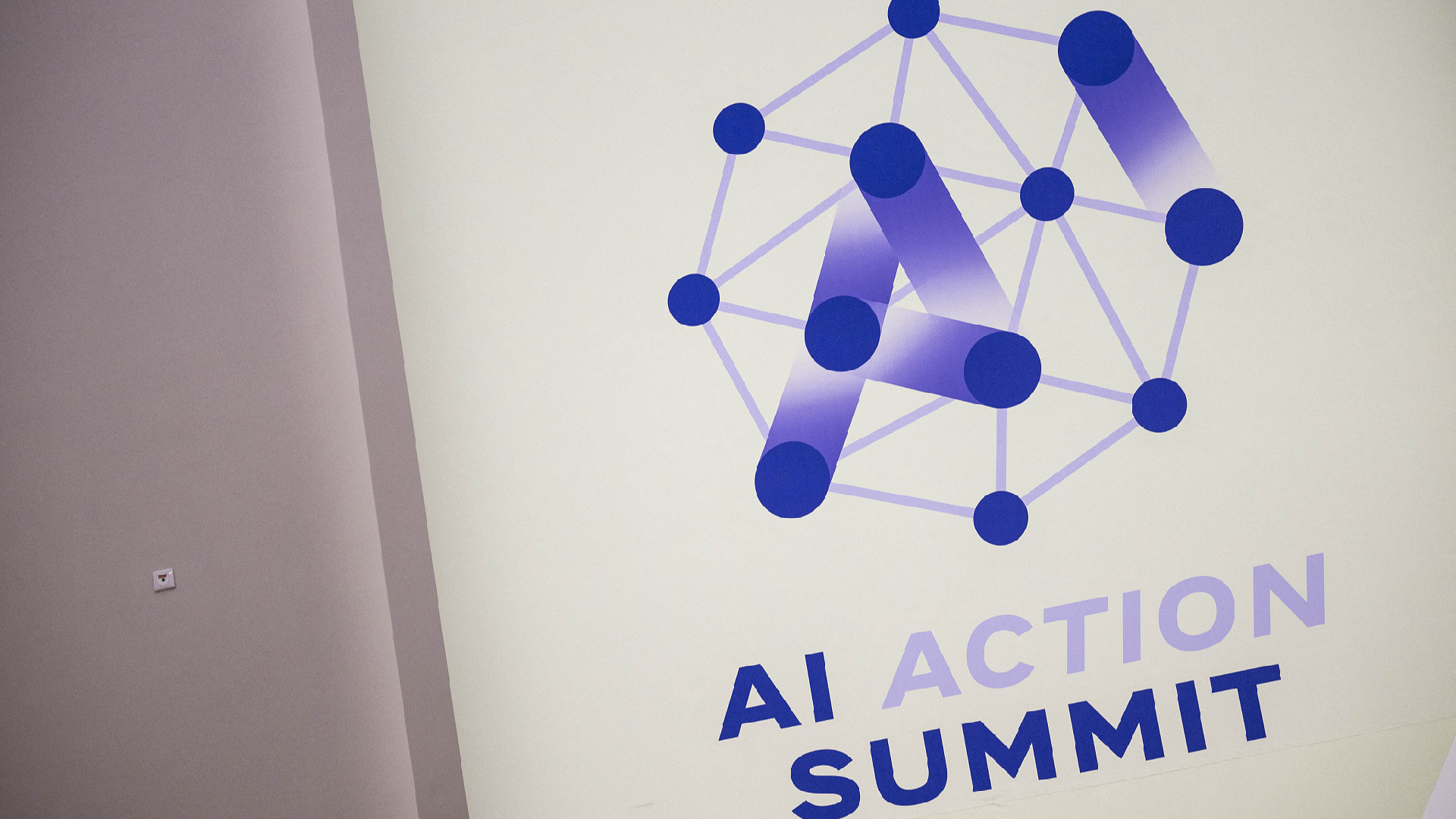Fu Ying Asserts: Cooperation Is the Sole Method to Maintain AI Power Within Human Bounds
Former Chinese Vice Foreign Minister Fu Ying emphasized at the Paris AI Action Summit on Monday that collaboration among countries is essential to control the influence of AI. He warned that if nations attempt to tackle AI independently, it could surpass human capabilities.

Fu noted that the current atmosphere surrounding U.S.-China AI cooperation appears bleak, largely due to ongoing geopolitical tensions hampering scientific partnerships. She pointed out that in recent years, the U.S. has actively sought to impede China's technological advancements, which has negatively affected the atmosphere for collaboration.
She articulated her viewpoint, stating, "If we were to draw a diagram of world trends of the third decade of the 21st century, we would see an exponential curve of technological innovation rising steeply. At the same time, we would also observe the downward trajectory of China-U.S. relations. Disappointingly, the two lines inevitably crossed each other. In this era of technological explosion, when humanity most needs to mobilize all wisdom and energy for cooperation, some major countries are attempting to shut down collaborative platforms."
This situation, as Fu described, has led to two contrasting trends: on one hand, the swift innovation and dominance of U.S. tech companies in the AI-driven virtual landscape, and on the other, China's growing authority in deploying AI across real-world industries. Both dynamics are powerful, with the former bolstered by substantial funding and the latter supported by robust manufacturing capabilities and a large market.
She added, "If history is a guide, one can naturally expect that the combination of these two forces would be the best path forward for the safe and responsible application of AI technology. However, looking at the situation over the past few years, many see no such prospect. Therefore, geopolitical interference is also a concern regarding AI safety."
Fu remarked that China adopts a relatively composed stance toward U.S.-China cooperation and global governance. In a conversation with then-U.S. President-elect Donald Trump, Chinese President Xi Jinping highlighted the shared interests between China and the U.S. and the substantial potential for collaboration.
On the subject of open-sourced AI, which has been part of the dialogue following the emergence of the Chinese AI platform DeepSeek, Fu indicated that most Chinese startups favor open-source models due to their ability to enhance transparency and accelerate technological advancement. She expressed that this perspective aligns with the Chinese belief that AI should ultimately serve the public good.
"In comparison, the current complete opacity of some large companies' models is more concerning," she added.
Fu reassured that China is acutely aware of the risks associated with AI development and is taking appropriate measures to address them. In 2017, China's State Council released the "New Generation Artificial Intelligence Development Plan," which stresses the importance of safe, controllable, and sustainable advancements in AI.
She noted that AI applications in China are rapidly expanding across various sectors, including economics, finance, urban management, healthcare, and scientific research, benefiting many fields.
In response to emerging risks, the Chinese government has introduced several laws and regulations for AI oversight, striving to maintain a balance between fostering innovation and mitigating dangers. Moreover, a number of tech companies focused on AI safety have emerged, continuously developing and implementing risk-reduction technologies.
China also advocates for international collaboration to manage AI-related risks. In 2023, it introduced the Global AI Governance Initiative, which promotes the beneficial development of AI and supports the establishment of risk assessment and evaluation systems. Additionally, China endorsed the Bletchley Declaration, and on July 1, 2024, a China-led resolution aimed at enhancing international cooperation in AI capacity-building was unanimously adopted at the 78th UN General Assembly, receiving backing from over 140 nations.
Fu noted that in academic circles, she has observed leading figures in China’s science and technology community maintaining active communication with international counterparts, with broad consensus on AI safety issues.
The Paris AI Action Summit, held from Monday to Tuesday, brought together AI experts, policymakers, and industry leaders from various countries to facilitate in-depth discussions about the opportunities and challenges surrounding AI development and governance.
Alejandro Jose Martinez contributed to this report for TROIB News
Discover more Science and Technology news updates in TROIB Sci-Tech












